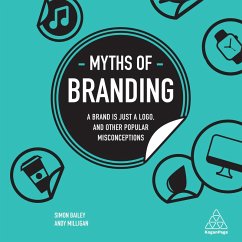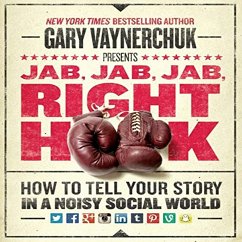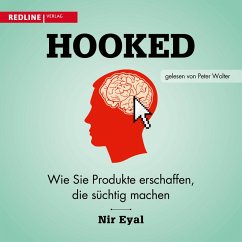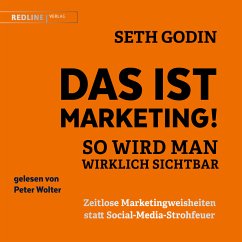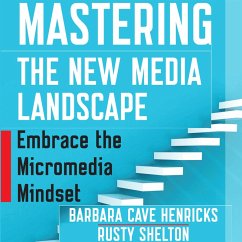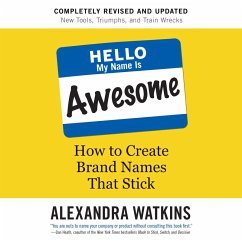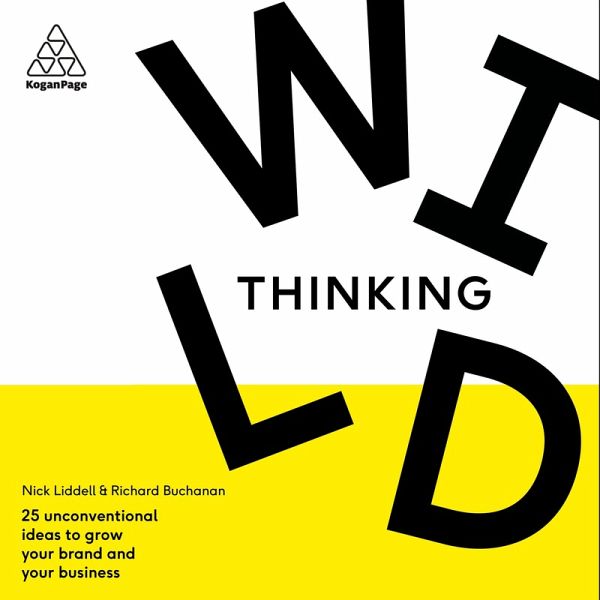
Wild Thinking (MP3-Download)
25 Unconventional Ideas to Grow Your Brand and Your Business Ungekürzte Lesung. 427 Min.
Sprecher: Perring, Stephen
Versandkostenfrei!
Sofort per Download lieferbar
21,99 €
inkl. MwSt.
Weitere Ausgaben:

PAYBACK Punkte
11 °P sammeln!
Who is McLaren's greatest nemesis?What disappoints Ocado about their competitors?What wakes Google up at 4am?Why does Wimbledon sweat the small stuff?Wild Thinking will provide readers with the confidence to run their business differently, through unique access to thinking from the most original organizations in business today.The most successful businesses in the world are singular in their goals, yet they express them in many different and creative ways, allowing them to own a space that's distinctly theirs. This book provides access to previously untold stories of how brand leaders at some ...
Who is McLaren's greatest nemesis?What disappoints Ocado about their competitors?What wakes Google up at 4am?Why does Wimbledon sweat the small stuff?Wild Thinking will provide readers with the confidence to run their business differently, through unique access to thinking from the most original organizations in business today.The most successful businesses in the world are singular in their goals, yet they express them in many different and creative ways, allowing them to own a space that's distinctly theirs. This book provides access to previously untold stories of how brand leaders at some of the most interesting global businesses solve their biggest challenges.Including interviews with Google, Ocado, McLaren, Comic Relief, V&A, National Trust, Dropbox and more, each chapter of Wild Thinking explores a different question about life and work, ending with a single-minded point of view to help you consider your business from a new perspective.It's hard to keep up and stand out in constantly growing and changing markets. To succeed you need absolute clarity about what your brand and business offers; it's time to break the rules.




